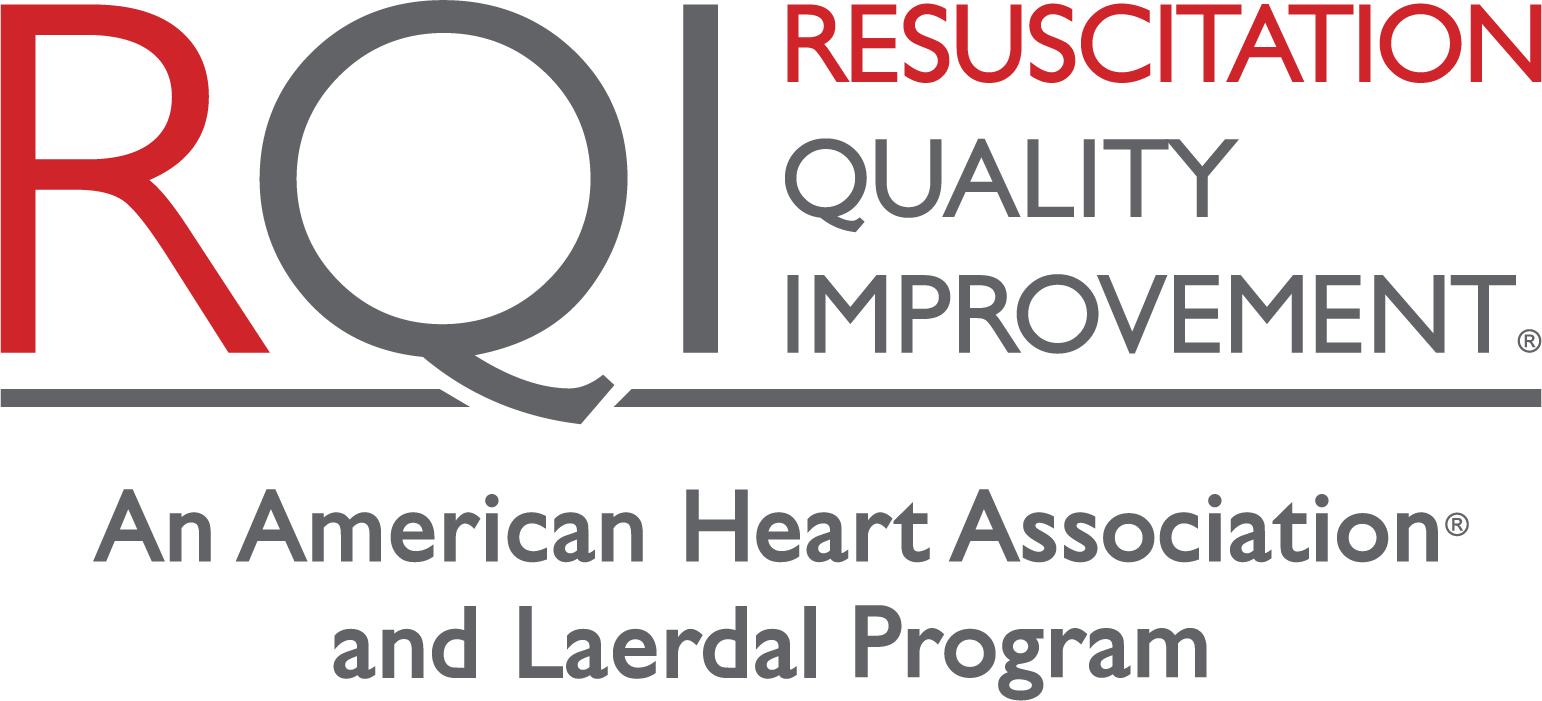Deliberate Practice, Feedback, International, Low Dose, High Frequency
Study demonstrates that a structured training program with deliberate practice (frequent and structured practice to improve performance) using real-time feedback improves the acquisition of CPR skills and the retention of ...
International, Low Dose, High Frequency
Effect of a resuscitation quality improvement programme on outcomes from out-of-hospital cardiac arrest
Achieving optimal outcomes, including survival, from out-of-hospital cardiac arrest (OHCA) is dependent on the timeliness of pre-hospital interventions and the quality of how these interventions are implemented. The implementation of ...
Low Dose, High Frequency, RQI-Based
Longitudinal effect of high frequency training on CPR performance during simulated and actual pediatric cardiac arrest
Evidence has shown that skills and knowledge in CPR begin to decay in months following courses such as Pediatric Advanced Life Support. Due to CPR events being infrequent in pediatric ...
Low Dose, High Frequency, RQI-Based
Personalized Training Schedules for Retention and Sustainment of Cardiopulmonary Resuscitation Skills
The advantage of spaced practice on retention of CPR skills is well documented in literature due to the decay of knowledge and skill within weeks to months post training. This ...
Low Dose, High Frequency, RQI-Based
The Effects of a Novel Quarterly Cardiopulmonary Resuscitation Training Program on Hospital Basic Life Support Providers’ Cardiopulmonary Resuscitation Skill Performance
Inadequate education, such as CPR training once every 2 years, can lead to poor-quality CPR and ultimately low survival rates following an IHCA. Research has shown that frequent skill refresher ...
Implement to impact cardiac arrest survival: Telephone CPR Saves Lives
If CPR can be started within 1 minute of cardiac arrest, survival can be as high as 80%. Because of this, the training and quality improvement of dispatched-assisted telephone CPR ...
Undergraduate nursing students’ acquisition and retention of CPR knowledge and skills
Undergraduate nursing students demonstrated a significant decay of both CPR knowledge and skill 10 weeks following CPR training.
Assessment, Contextual Learning, Debriefing, Deliberate Practice, Feedback, Low Dose, High Frequency, Mastery Learning
Resuscitation Education Science: Educational Strategies to Improve Outcomes From Cardiac Arrest: A Scientific Statement From the American Heart Association
In order to increase educational efficiency in Utstein’s Formula of Survival, instructional design enhancements for CPR training have been identified to increase educational outcomes, patient outcomes, and survival after cardiac ...
Low Dose, High Frequency, RQI-Based
Baseline Cardiopulmonary Resuscitation Skill Performance of Nursing Students is Improved After One Resuscitation Quality Improvement Skill Refresher
Less than half of 467 nursing students who had previously completed a CPR instructor-led course could adequately demonstrate the skills of compressions and ventilation. After one training session with RQI, ...
Adaptive Learning, International, Low Dose, High Frequency
Adaptive Spaced Education Improves Learning Efficiency: A Randomized Controlled Trial
Adaptive spaced education boosts learning efficiency, allowing students to achieve learning with substantially less effort.
